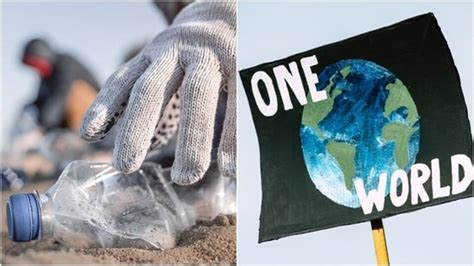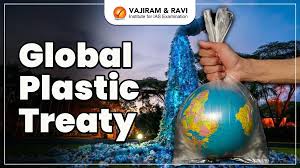In the lead-up to World Environment Day 2025, environmental experts and advocates have called for the urgent and decisive enforcement of Nigeria’s environmental protection laws to curb rising violations and restore ecological integrity.
This call to action came during a webinar titled “From Pollution to Innovation: Aligning Policy, Enterprise and Community for Sustainable Waste Solutions in Nigeria,” where a cross-section of environmental stakeholders emphasized the critical need for stronger policy execution, innovation, and grassroots engagement.
Dr. Tunde Ajayi, General Manager of the Lagos State Environmental Protection Agency (LASEPA), noted that while Lagos boasts robust environmental policies, the lack of rigorous implementation and enforcement remains a significant bottleneck.
“Without tougher consequences, environmental offences will continue unchecked and deepen existing environmental crises,” Dr. Ajayi warned.
Mrs. Olapeju Ibekwe, CEO of Sterling One Foundation, echoed similar sentiments, stating that although Nigeria has commendable policies on paper, they must be better integrated with circular economy principles to deliver real impact.
“We need a stronger framework for enforcement, monitoring, and evaluation. Stakeholder involvement is essential to ensure policies are not only implemented but sustained,” she said.
Chairman, Green Hub Africa, Prof. Obas Ebohon, said Nigeria needs to step up with bold resolve to redefine the narrative with over 300 million tonnes of plastic waste generated globally each year—with a dismal nine per cent recycling rate.
He noted that with a population of over 200 million people, Nigeria faces intense environmental pressures, from plastic-choked waterways in Lagos, to waste management crisis in Kano, and ecological degradation in Ogun state.
“Yet, far from isolated problems, these challenges reflect global patterns—making Nigeria a proving ground for locally rooted, globally relevant solutions.
Mr. Olumide Lala, Co-Founder of Climate Transition Ltd, advocated for the inclusion of waste management education at the national curriculum level, stressing that public awareness and behavior change must begin in homes.
“Households should sort waste at the source to enable efficient recycling. The Extended Producer Responsibility (EPR) policy must be fully enforced across sectors to hold manufacturers accountable,” Lala stated.
Adding a grassroots perspective, Mr. Obuesi Phillips of SWEEP Foundation emphasized the importance of policy-community alignment.
“We must foster dialogue between policymakers and local communities to ensure environmental policies resonate at every level,” he said.
Dr. Osuji Otu also highlighted the strategic role of the private sector in shaping effective environmental solutions.
“Partnerships between government and the private sector are critical, especially in formulating and executing environmental policy,” Dr. Otu recommended.
The webinar concluded with a shared commitment to advancing stronger enforcement mechanisms, education, and inclusive partnerships as Nigeria joins the global call to restore and protect the planet.
A.I







